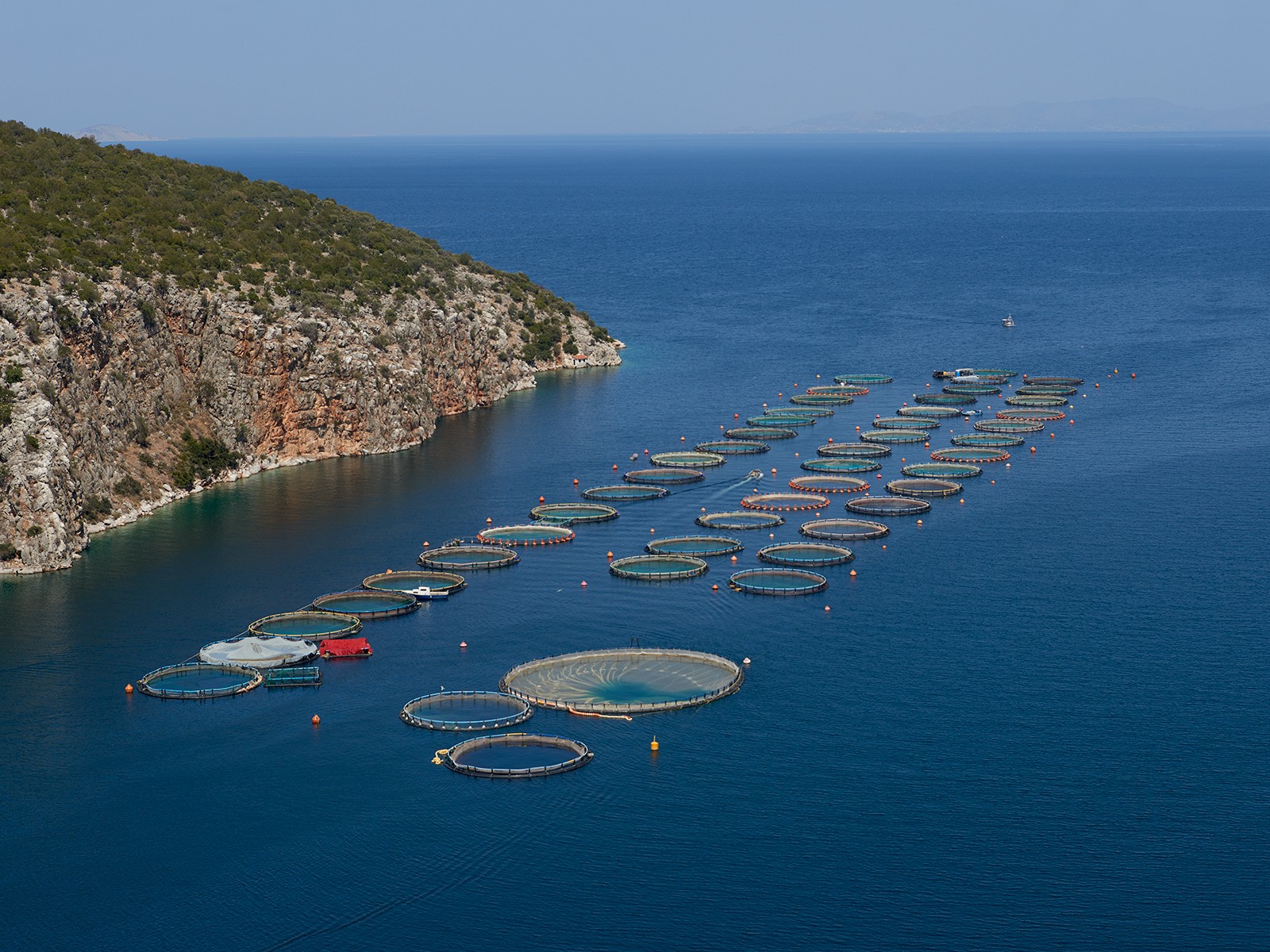HiSea will reveal the first prototype of a high-resolution system providing data on sea water quality
The EU-funded HiSea Project will reveal the first prototype of its state-of-the-art platform providing high resolution data of sea water quality, at the project's General Assembly scheduled to take place in Nice, France on November 25-26, 2019. During its final stage, the innovative HiSea platform will provide data on physical parameters (meteorology, waves, currents, etc.) and water quality parameters (chlorophyll, marine pollution, etc.), based on the accumulated knowledge and experience of existing partners' proven platforms such as FEWS or AQUASAFE. The platform is built on an end-user centred approach, involving various end-users and stakeholders from the port and aquaculture industries. They have been directly involved in the service's design, development and operation. The HiSea system is aimed at improving the operation, planning and management of a variety of marine activities, focusing on the port and aquaculture sectors. The system's proof-of-concept has been completed and the HiSea Project will launch it at the coming meeting, hosted by ARGANS. "The meeting in Nice will enable us to receive direct feedback from end-users in the aquaculture and ports sectors," said Dr. Ghada El Serafy from Deltares, who is the coordinator of the HiSea Project. "The HiSea system will provide information and alerts to enable real-time crisis management and improve operations." HiSea is already collecting remote sensing data that have been processed from fish farms operated by project partner Selonda Aquaculture and for the port zone around Valencia by the Valencia Port Foundation. The variables collected include chlorophyll-a levels, sea surface temperature, turbidity, transparency, harmful algal bloom (HABs) (red tide and green tide), salinity and dissolved oxygen. The services offered by HiSea will incorporate and process data obtained through different Copernicus services (marine and climate), local monitoring data and advanced modelling.



